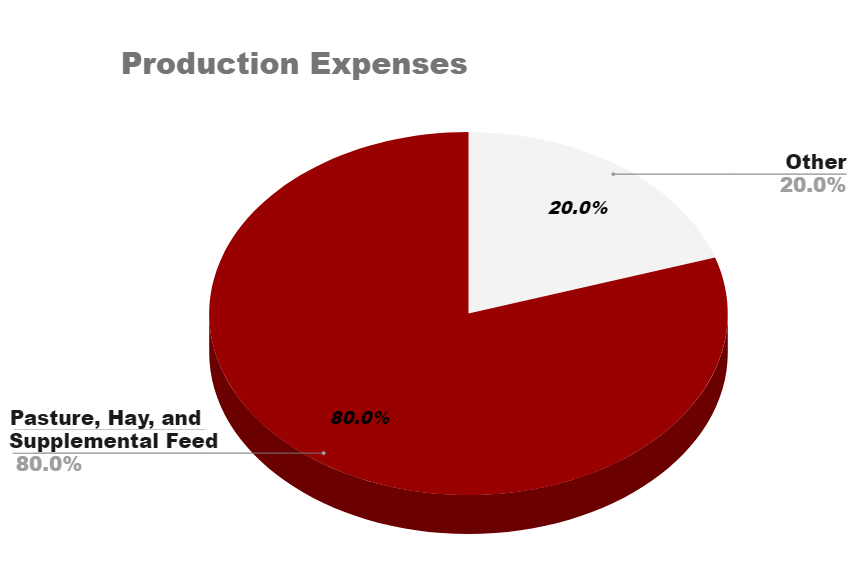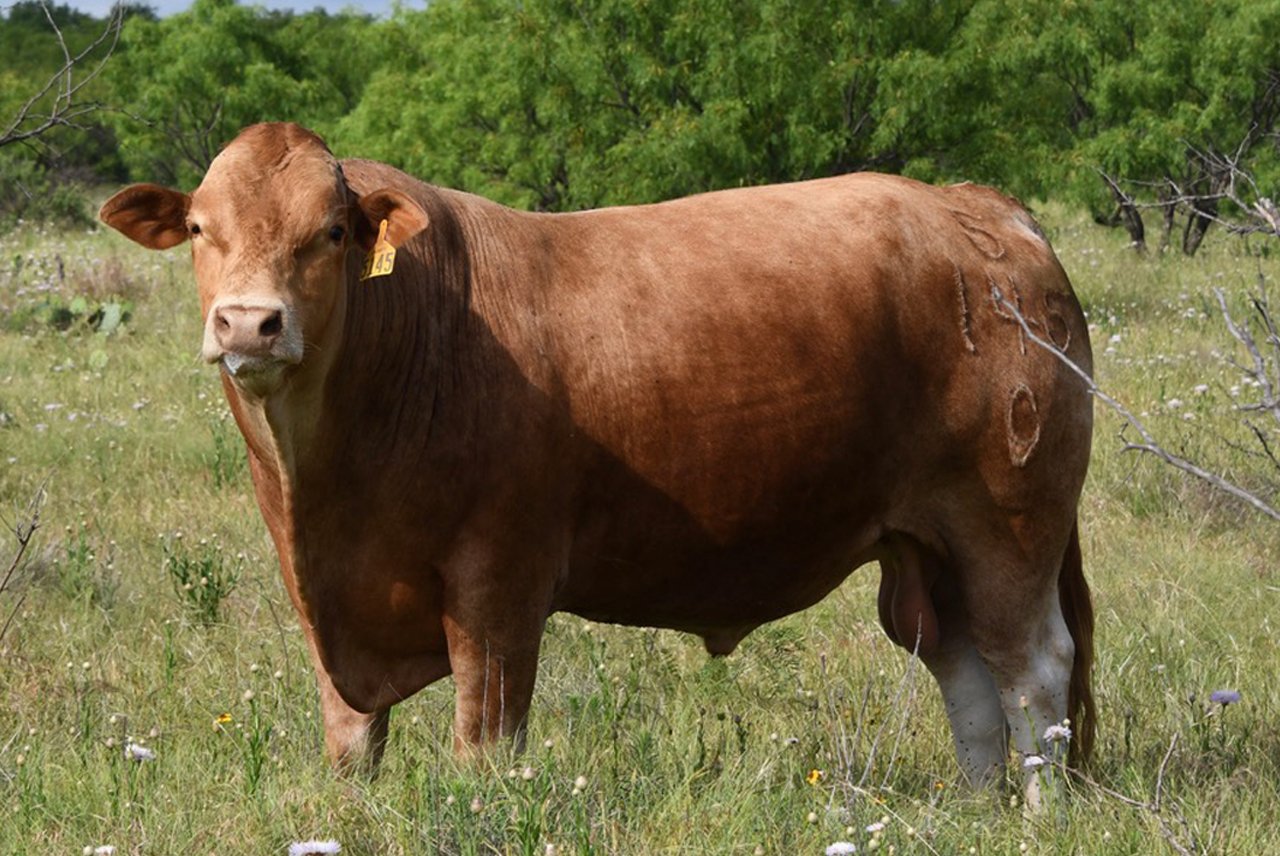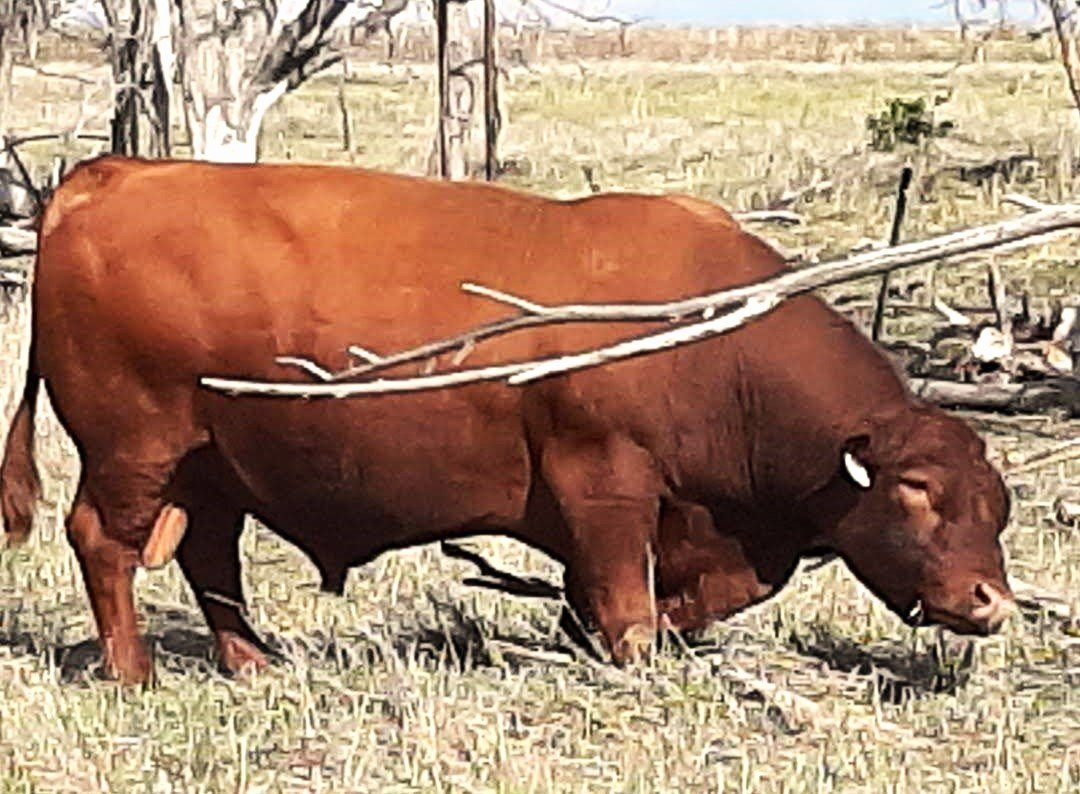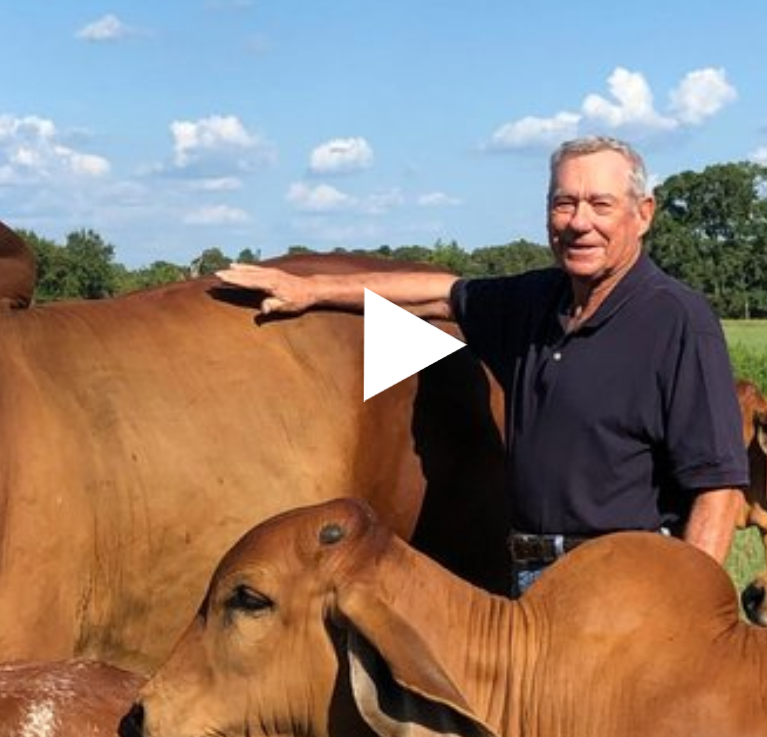
Legacy-Built, Profit- Driven Genetics For The Cattleman
At Bos Sires, we’re not just preserving history—we’re building on it.
We believe cattle should earn their keep the way they used to: on grass, on time, and with calves on the ground year after year.
Our genetics are designed to deliver in the real world—where fertility, adaptability, and longevity matter most. Whether you’re feeding your family, your community, or your country, we’re here to help you build a herd that works for the long haul.
We don’t chase fads. We build legacies—and we help cattlemen do the same.

Buy Bulls With Confidence, Not Compromise
Our Stamps Align Cattle with Your Grazing System — and Your Standards.
These stamps don’t sell bulls. They tell the truth about them.
In an industry full of marketing noise, they bring something rare: clarity.
Each mark reflects the traits that matter — fertility, function, and fit-for-purpose design.
Some stamps come from respected voices in the industry. Others help match the bull to the job ahead — guiding you to cattle that thrive in your forage environment and grazing system.
Right Genetics. Right Land. Real Results.
Different cattle thrive in different conditions, and changing your land to fit your cattle is a losing game. At Bos Sires, we help producers select genetics that are naturally suited to their environment.
That means fewer inputs, lower costs, and better results year after year.
Our genetics work hand in hand with regenerative principles, restoring soil health, reducing reliance on imported feeds, and producing cattle that raise calves without crutches.
It’s not about buzzwords. It’s about results. And results come from cattle that fit the land, not fight it.
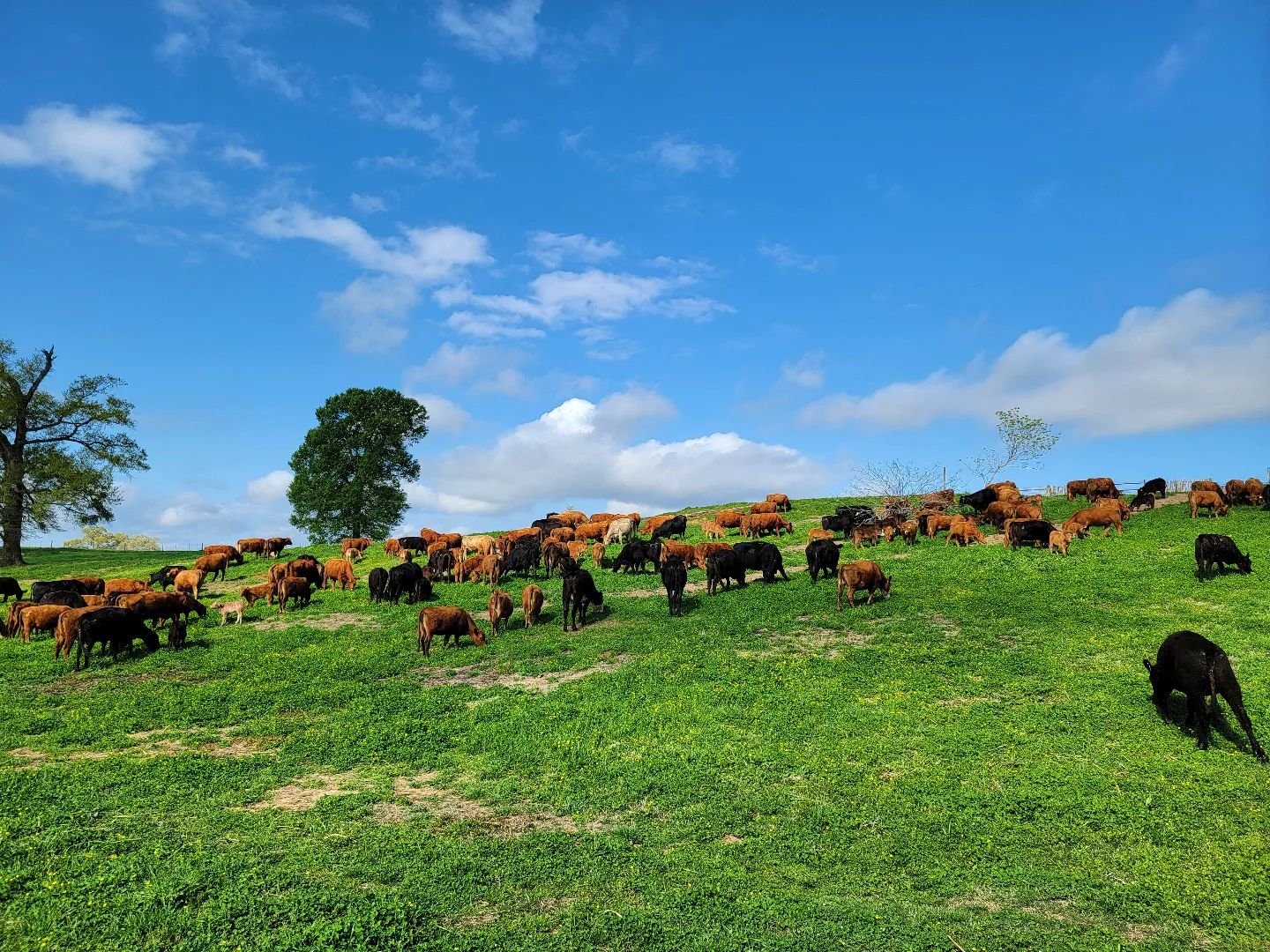
Sustainable Genetics Start With Common Sense
A true cattleman knows a profitable cow raises a calf every year on grass with minimal inputs. That’s the definition of Sustainable Genetics, and it’s exactly what we breed for at Bos Sires.
When your cattle eat less and thrive on forage, your feed costs drop, stocking rates improve, cows maintain body condition more easily, boosting fertility, and because feed intake is highly heritable, selecting for low consumption animals locks those advantages in for generations.
Dry Matter Intake (DMI), a key factor in how much a cow eats, is 84% heritable in heifers. That means you can actually select for profitability, generation after generation.
And with feed making up to 80% of total production costs, breeding cattle that perform on grass isn’t just practical. It’s essential. Less feed. More fertility. Higher returns. That’s sustainable. That’s Bos Sires.
Herd Sires
Meet the bulls that are driving change across the U.S. and around the world.
Each of our herd sires has been carefully selected for real world traits that matter: fertility, structure, longevity, adaptability, and the ability to transmit these traits consistently to their offspring.
We’re not looking for showstoppers. We’re looking for bulls that leave daughters who last, sons who breed, and calves that thrive in your environment.
Vintage (Deceased) Sires
These aren’t just names in a pedigree. They’re the bulls that built the foundation. Our Vintage Sires represent a time when cattle had to earn their keep on grass, without grain, with fertility and function bred into every generation.
We keep these genetics alive because they still outperform many modern lines. They were bred before the fluff, before the feed buckets, and before fads got in the way of common sense.
These are bulls whose daughters raised calves for over a decade. Whose sons carried the frame, fertility, and function to thrive anywhere. And whose legacy lives on, not in a banner, but in herds that still work.

Old School Still Works
The cattle industry wasn’t built in a lab or behind a desk. It was built by men who bred cattle to survive, thrive, and produce without excuses. At Bos Sires, we haven’t forgotten that. In fact, we’ve built our entire program around it.
Our genetics reflect what nature intended: cattle that raise a calf every year, on grass, in the real world. Many of our lines trace back to the 1960s, when performance was measured in results, not ribbons or ratios. These bulls and cows weren’t bred for marketing. They were bred to work and to keep working.
Today’s industry is flooded with hype: expensive inputs, unsustainable expectations, and cattle that fall apart the minute you take the grain away. Ranchers are left chasing numbers that don’t cash checks. If the current system is so advanced, why does the average breeder last only four to seven years? Why do so many herds get worse, not better? The answer is simple. Too much trust in theory, and not enough in time tested practice.
We’re here to change that. We preserve the legacy of the traditional cattleman, not out of nostalgia, but because their way wasn’t just better. It was right. By prioritizing fertility, adaptability, and results you can measure in calves on the ground, we’re putting common sense back at the center of this industry. This isn’t about going back in time. It’s about moving forward with cattle that still work, because the old school way still delivers.
Meet Our Breeders

Learning From The Legacy
We don’t just hope to offer education—we know we have to.
Because the truth is, many cattlemen today are working without the tools and knowledge their grandparents had—and they’re up against challenges their grandparents never imagined.
At Bos Sires, we’re committed to bringing back what works and making it accessible again.
Our approach blends time-tested philosophies from thought leaders like Zietsman and Bonsma with practical ranch wisdom from the field—the kind of knowledge that comes from walking pastures, not sitting in classrooms.
This isn’t about adding more noise to the industry. It’s about clearing the air.
Because a cow that works on grass is only part of the solution—you need the know-how to manage her, build soil beneath her, and create profit around her.
We're here to help make that happen.
Sustainable Stock: Reviving Legacy Genetics
A podcast brought to you by: Bos Sires
Real conversations with real cattlemen.
From breeding philosophy and grazing strategies to personal stories and harsh lessons, the Bos Sires Podcast brings you honest insight from folks who live this life. New episodes drop regularly — ”Ranch with purpose & Breed for the future.”
Bos Sires is more than a genetics company. We’re part of a growing movement to restore what matters in the cattle industry: fertility, function, profit, sustainability, and legacy. We’re building a network of producers, breeders, consultants, and representatives who believe that cattle should work for a living, on grass, with minimal input, and long term value. Whether you’re a breeder with genetics that match our mission, a consultant with knowledge to share, or a boots on the ground rep ready to bring sustainable solutions to your region, there’s a role for you. This isn’t about joining a brand. It’s about standing up for the kind of cattle and the kind of industry you believe in. If you're ready to help reshape the future of ranching, we want to work with you.






